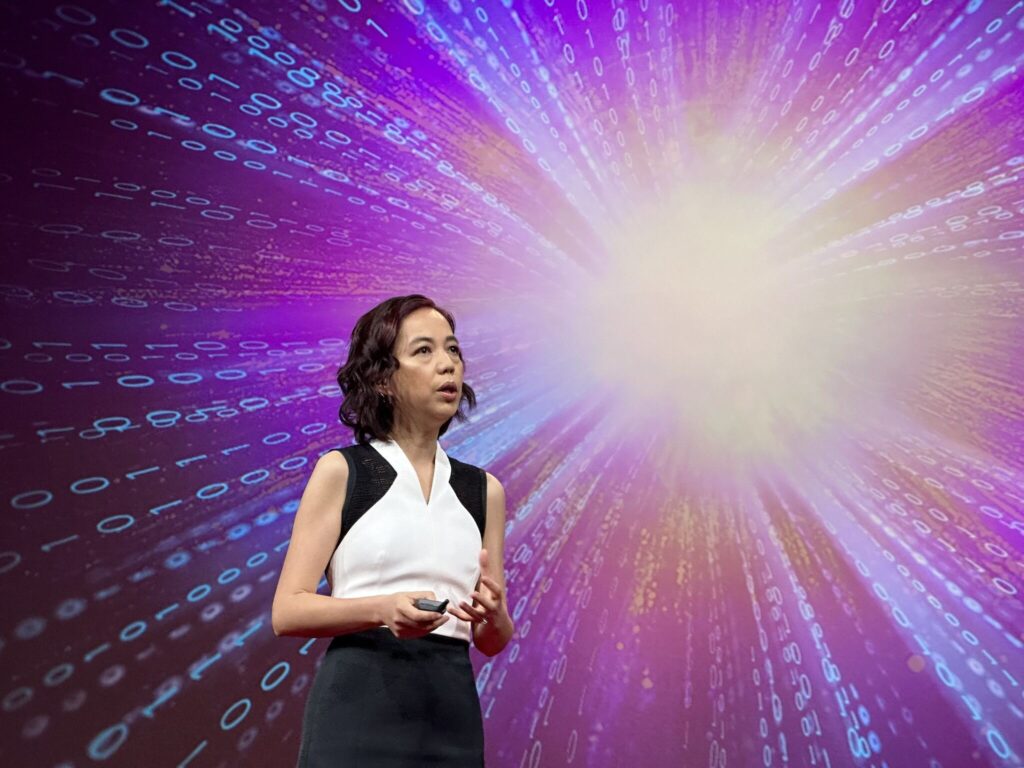According to several reports, World Labs, a covert business led by eminent Stanford University professor Fei-Fei Li, has raised two rounds of funding in two months. Sources familiar with the financing told TechCrunch that the firm was valued at over $1 billion in its most recent funding round, which NEA headed. The Financial Times first reported on this $100 million round back in July. According to a May Reuters story, Fei-Fei Li is a scientific partner at Radical Ventures, a Canadian business, Andreessen Horowitz participated in the initial round of funding.
World Labs, an AI firm run by a renowned scientist, was founded in April and became a unicorn in four months, highlighting the continued trend of large investments in AI businesses, even while their business models are still in the early stages of development. In Silicon Valley’s AI-driven environment, World Labs is working on a particularly difficult and possibly important issue under Fei-Fei Li’s direction. The business wants to create artificial intelligence (AI) models that can precisely approximate the three-dimensional physicality of real-world objects and surroundings. This would allow for the development of realistic digital copies without the need for a large amount of data collecting.

Fei-Fei Li was born in Beijing in 1976, although she was raised in the southwest Chinese region of Sichuan, where she had a pleasant upbringing in a privileged household. Her mother, Kuang Ying, taught secondary school, while her father, Fei-Fei Li Shun, worked at a chemical plant’s computer department. With the start of her parents’ immigration, Fei-FeiLi, then sixteen years old, went to the United States in search of better educational prospects. Her mother accepted a position as a grocery cashier, while her father got employment fixing cameras. The family occupied a little flat with one bedroom. worked as a waitress and cleaner in addition to attending high school because she was determined to escape poverty. Bob Sabella, her math teacher, saw her talent for math and physics and encouraged her often Fei-Fei Li remembers that she was seen as more than just a Chinese immigrant for the first time during a discussion about science fiction writers with Sabella. This gave her confidence and dignity. She was awarded a scholarship at Princeton University in 1995, and she finished her PhD program at the California Institute of Technology in 2005. Fei-Fei Li gained recognition in the AI world for her major contributions to the one-shot learning approach during her doctoral studies, which is crucial for computer vision and natural language processing. She is the inventor of the ImageNet database which is now referred to as the “eye of AI” and served as the foundation for generative AI.
Similar pOSTS
Her autobiography, The Worlds I See: Curiosity, Exploration, and Discovery at the Dawn of AI, was published by Macmillan Publishers in November of last year. Fei-Fei Li said that she is a shy person, not good at expressing herself, but she insisted on publishing a book because she believes that the field of AI cannot lack female voices. She has advocated for the development of minorities and women in the IT sector in recent years by using her power. She also established AI4ALL, a nonprofit educational organization, in 2017 to inspire young women and students of color to consider computer science as a possible career path. AI4ALL offers Stanford AI Laboratory courses to secondary school students. Fei-Fei Li emphasizes the value of racial diversity and gender equality in the computer industry in her regular speeches at conferences for business and the academy.
Li mentioned in an interview that there is still a male predominance in the AI area. By 2026, computer science research occupations are expected to expand by 19%, according to the US Bureau of Labor Statistics. However, women make up just 18% of computer science bachelor’s degree holders in the US. Fei-Fei Li also observed that when students go to AI conferences, they see that 90% of the people there are the same gender. They also notice a lack of African Americans compared to white males.







